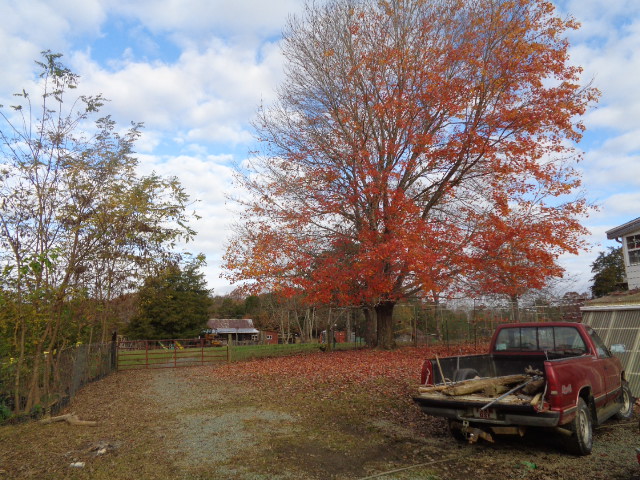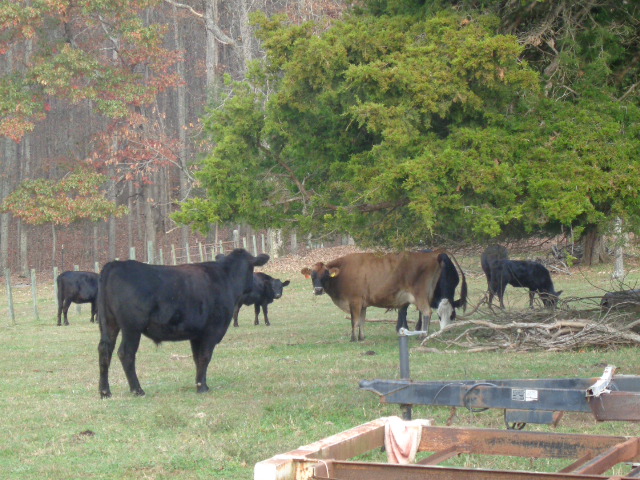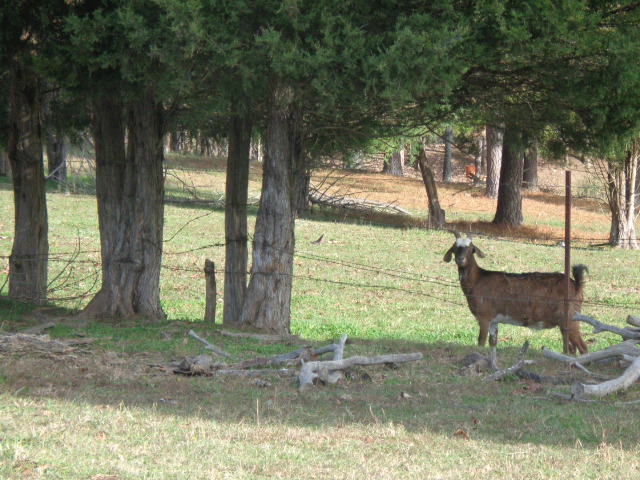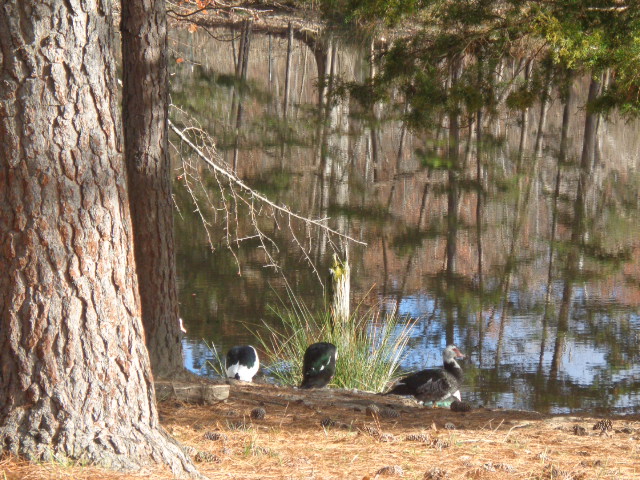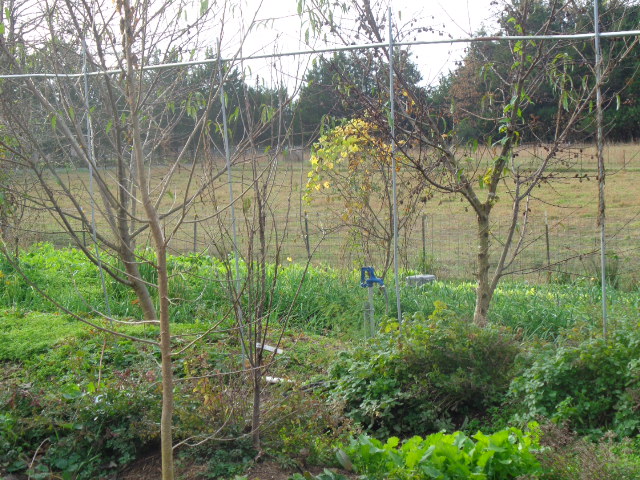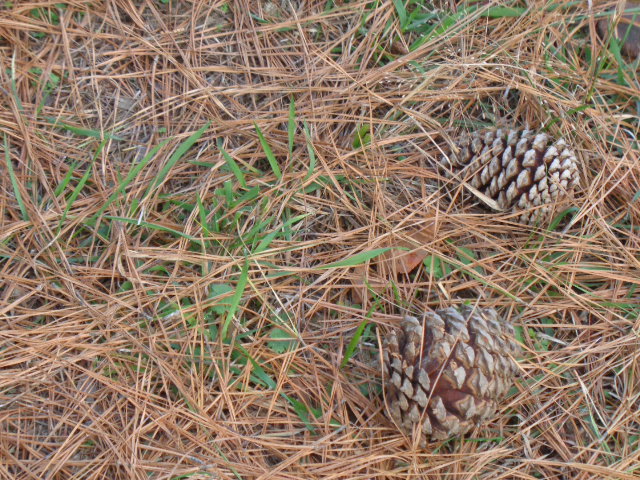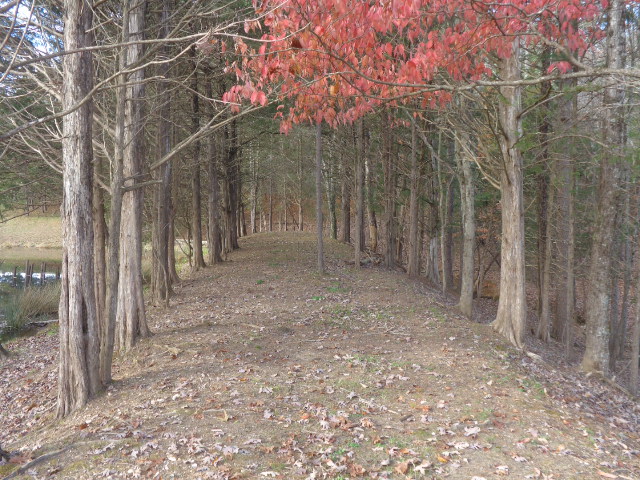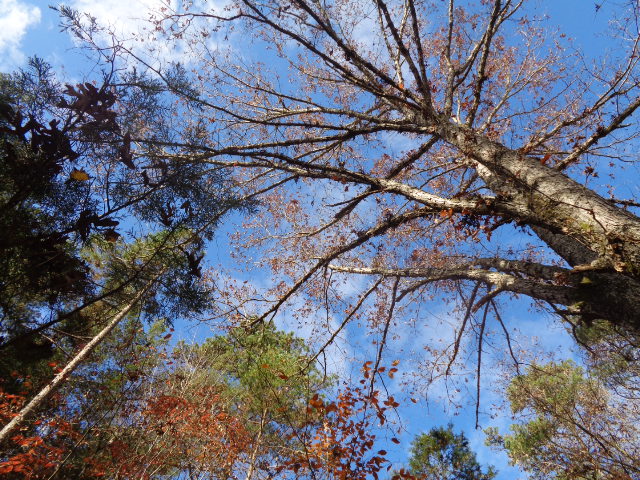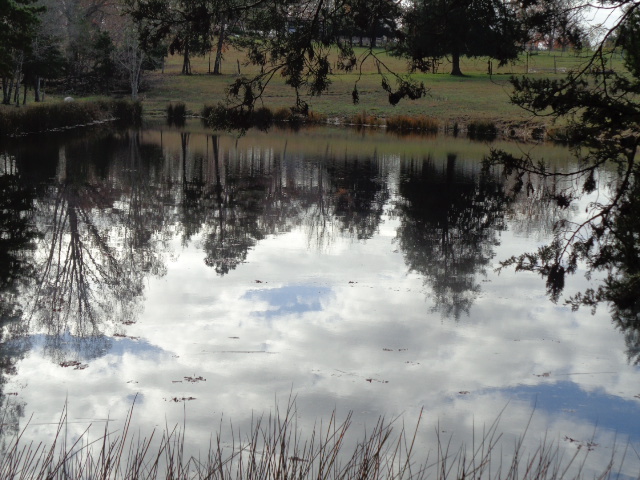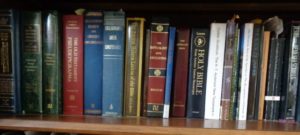Are we supposed to keep the feasts today?
There are many who have turned their attention back to Torah in the past decade, who seem to think we, as God’s people, are supposed to be keeping the feasts as outlined in Leviticus 23 in the modern age (post 70 AD).
I was one who turned my attention toward them over a decade ago, and even participated in a cross-country journey with my family to a Northwest Sukkot celebration in 2010. but as I continued to study Torah, I realized these appointed times were given within a particular context and needed to be kept in that context.
The “holy convocations” or “sacred assemblies” referenced in Leviticus 23 are nestled within instructions specifically given concerning service related to the tabernacle.
Yes, the appointed times outlined in Leviticus 23 are identified as YHVH’s feasts, and repeatedly the text states that these are forever statutes in their generations. However, “forever” (“olam”) doesn’t mean until the end of all time; it means for a long time where the end is not in sight.
In the first century of the common era, Yeshua, son of Joseph, of David, came on the scene — he was identified as the “Son” of God and the “Anointed” (Messiah) of God; He was understood to be the “Prophet like unto Moses” by his disciples, and the people were expected to heed his words as demonstrated in Deuteronomy 18.
Yeshua did not come to destroy the Law and the Prophets, but rather to fill them up. He used what was written in the Law & the Prophets to teach life lessons that were there all along, but somehow concealed to the masses. He “opened their eyes”, so to speak, to that which was being taught throughout the children of Israel’s history, to include what was established in Torah.
Yeshua taught on the Kingdom of God, as he began to build a house for YHVH’s name, and he taught the people to do the will of his heavenly Father.
This “house” he began, however, was not a physical structure (temple) as was in the heart of David to build for YHVH, which Solomon eventually did build. It was a spiritual house made up of people, and Yeshua was the chief cornerstone.
And the house was intended to be a “house of prayer” with the fruit of one’s lips being offered up, lives being set apart & entirely spent in service to the Most High God, where right-rulings were being made as burdens were being carried for one another.
It was never intended to be a slaughterhouse flowing with the blood of bulls & goats or a place of judgment &/or condemnation with heavy burdens being laid upon the people.
The physical house of God (temple) was utterly destroyed as foretold by Yeshua would come to pass, when he said not one stone would be left upon another. And it seems that the intent was for it to never be rebuilt.
With that destruction came the end to the Levitical priesthood and their order of service, along with all the statutes established pertaining to that physical structure. No more physical offerings were to be made on physical altars — whether they be burning incense or slaughtering flesh. No more priestly garments or festival gatherings with their accompanying burnt offerings.
That age is past: the temple era, and a new one was ushered in with the Messiah. In the days of Abraham, Moses & even David & Daniel, the Messianic age was far off — beyond what those at that time could see in the natural, but there was an expectation of it in their spirit.
What does this mean regarding the Old Testament — regarding the Law and the Prophets? Are these writings antiquated, deserving to be put on a shelf and forgotten? Are the customs meant to be swept under the rug and never attended to going forward?
Or are these things to be used as a teaching tool — to help us understand the true nature and intent of God’s kingdom in the light of Messiah’s teachings?
Ten years ago I came to the realization that I grew up in a religious system that had become corrupted over time. There were taboo questions, which left unanswered & controversial subjects, which could not be reasonably explained by those in positions of authority.
I realized I had a foundation established for me in Christendom, which for me was void of a clear understanding of the Old Testament. This compelled me to study out the Old Testament for myself. But I realized I needed to consider it without the baggage of the doctrines of man, so I ceased listening to all religious teachings and participating in all religious traditions &/or ceremonies.
My objective was to learn — to seek knowledge & understanding, and thereby, to hopefully grow in wisdom.
Over the course of time I found myself revisiting the New Testament writings and consulting a few non-canonical writings from the first century or earlier in order to gain contextual insight. I am still in this stage of learning, and I’m beginning to see things more clearly than ever before.
Regarding “the feasts“, I believe they are significant in helping bring a foundation for understanding the teachings of Yeshua, but they need to be understood properly.
I don’t believe they can be “kept” as prescribed in Torah because Torah prescribed elements that are no longer in play in this age, but I do believe they ought to be taught.
The feasts, along with the whole sacrificial system, to include the priestly order, and its accompanying statutes, ought to be taught in such a way that a proper understanding of our Maker’s intent for mankind can be obtained: both for His set apart people and for those of the nations that surround them.
So, do we “keep” the feasts? I say, guard what Torah teaches concerning them, and with the light of Yeshua’s teachings, we can live the lessons gleaned from them. And in this way, we can be pleasing in the sight of YHVH.
